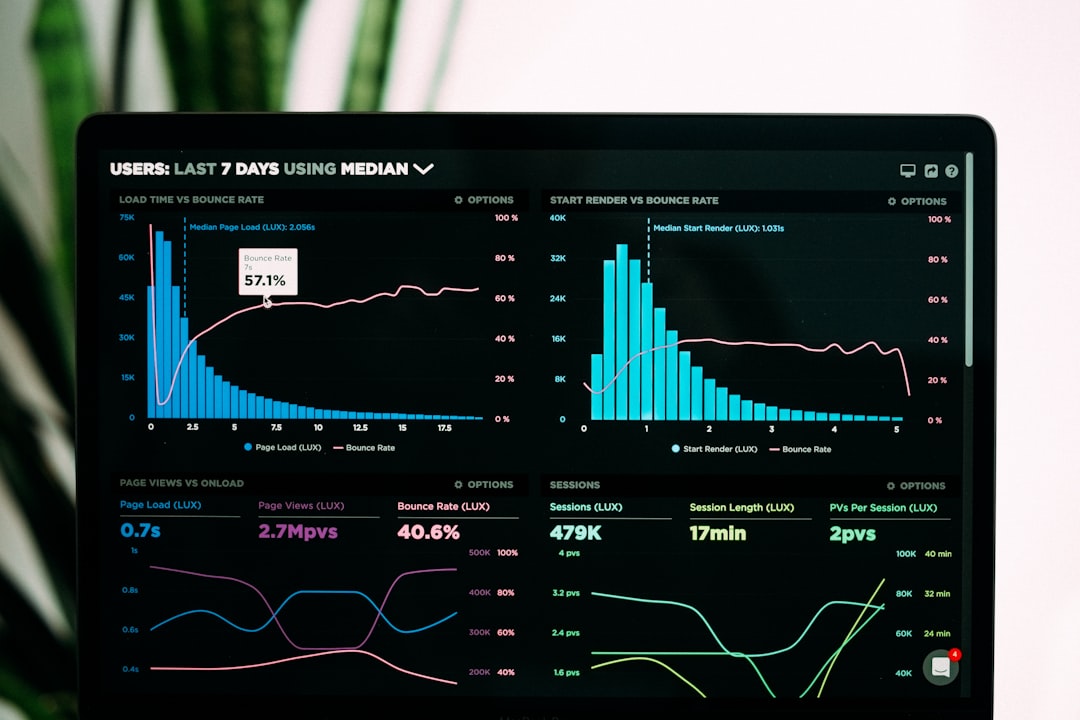What is it about?
Ethics is an integral part of the accounting profession. It is the bedrock for true professionalism and professional engagement. This paper examines how accounting professionals come into ethical decision-making in situations involving ethical dilemmas. The paper examines the influence of personal and moral intensity variables on the ethical recognition, ethical judgment and ethical intention of Nigerian accounting professionals. The paper uses a structured questionnaire containing four vignettes of ethical dilemmas to obtain data from the sampled accounting professionals, which were analyzed using Pearson correlation matrix, independent sample t-test, one-way analyses of variance and multiple regression estimation techniques.
Featured Image

Photo by Nick Morrison on Unsplash
Why is it important?
The paper provides evidence to guide accounting regulatory bodies on ways to strengthen extant measures that ensure strict compliance with ethics codes among accounting professionals. The paper also provides support for Kohlberg’s cognitive reasoning and moral development theory and Rest’s EDM theoretical model, which will aid the development of a structured curriculum for accounting ethics instruction in Nigeria, as hitherto, there is yet to be a provision for a stand-alone ethics course in the undergraduate accounting programs in Nigeria.
Perspectives
Writing this article was a great delight. It provides a rare insight into how accounting professionals come into decision making when faced with situations involving ethical dilemmas. This article also shows how accounting professionals perceive the magnitude of consequences of ethical issues in business situations.
Dr Collins S. Oboh
University of Lagos
Read the Original
This page is a summary of: Personal and moral intensity determinants of ethical decision-making, Journal of Accounting in Emerging Economies, February 2019, Emerald,
DOI: 10.1108/jaee-04-2018-0035.
You can read the full text:
Resources
Contributors
The following have contributed to this page










